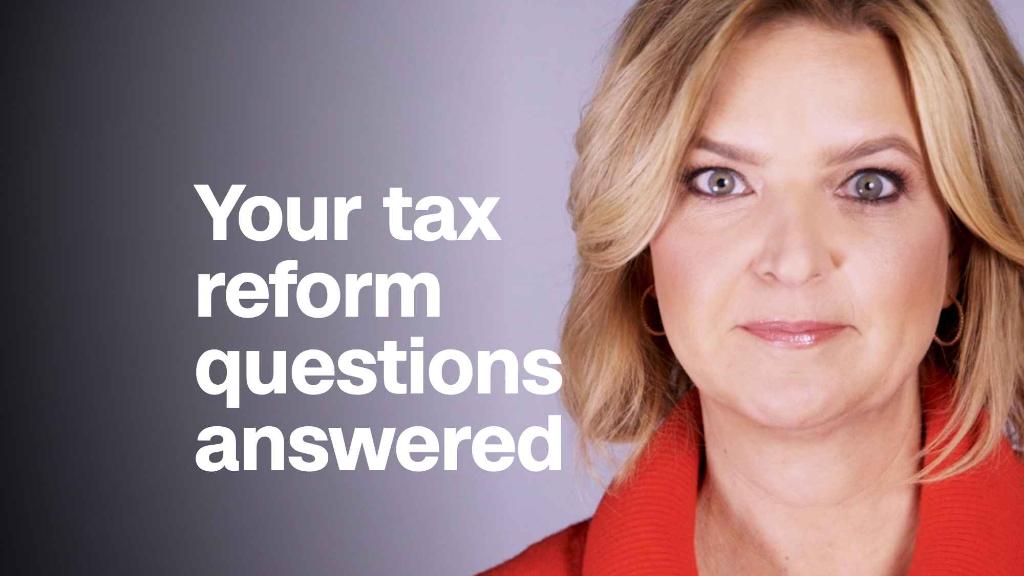
What does tax reform mean for the next big lottery winner?
That will depend on where in the U.S. the winning ticket is purchased.
One thing is for sure -- the new law cut the top federal income tax rate from 39.6% to 37%. And when you're talking about hundreds of millions of dollars, those 2.6 percentage points could mean a huge windfall for a winner.
The Powerball jackpot now stands at $460 million, with the next drawing set for Wednesday night, and the Mega Millions drawing this Friday will pay a top prize of $418 million.
But those prize totals only apply to winners who take the payout over the course of 29 years, and virtually no one does that.
Most winners take a lump sum payout, which would come to an estimated $291 million for Powerball, and $261 million for Mega Millions. And 2.6% of those jackpots comes to a savings of $7.57 million for Powerball, and $6.79 million for Mega Millions.
Related: For the first time you have two chances now to win $400 million
The bad news is that most winners will also owe a large state tax bill, and state income tax payments are no longer entirely deductible from federal taxes. Post tax reform, that deduction is now limited to a relatively modest $10,000, which will probably go a long way to offsetting the new, lower federal tax rate.
The exceptions are winners in the seven states that don't tax lottery winnings -- tax reform is nothing but great news for them, since they won't lose out on any deductions. There are five states that sell lottery tickets but don't have a state income tax: Florida, South Dakota, Texas, Washington and Wyoming. And California and Delaware are two states that have a state income tax but don't tax lottery winnings.
In terms of taxes, New York City is the worst place to win the lottery, since it has the highest state and local taxes of anywhere in the U.S. A winner would have to pay an 8.82% state income tax on the prize, along with a 3.876% city income tax. That would cost a Powerball winner $36.9 million, and a Mega Millions winner $33.1 million. The reduced state and local income tax deduction will add another $12.25 million to a New Yorker's tax bill.
Related: Why billions of dollars go unclaimed in lottery prizes
And if you do live in a high tax state, it won't do you any good to move elsewhere before you cash in your tickets, according to Jared Walczak, senior policy analyst with the Tax Foundation. That's because lottery winnings are taxed according to where you live or where you bought the ticket -- whichever rate is higher.
And don't even think about trying to set up a small business to collect the lottery money and take advantage of lower business tax rates in the new tax law, says Steve Rosenthal, senior fellow Tax Policy Center.
"That only applies to qualified business income. It'd be nearly impossible to make accepting lottery winnings a qualified business," he said.
